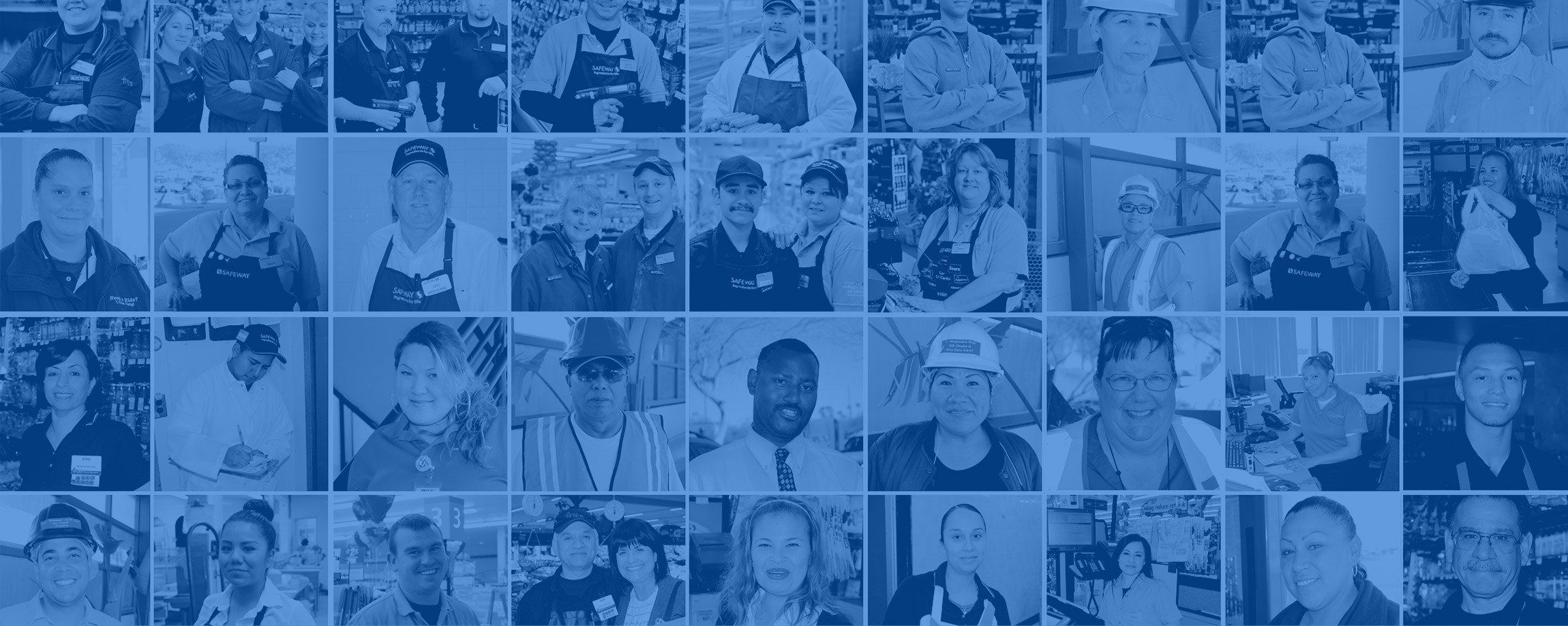Since the start of the pandemic, workers have been in the national spotlight much more than they had been since the turn of the century.
Some jobs have changed shape, morphing from in-person to remote. The phrase “essential worker” entered popular culture, recognizing those who keep our society running before, during and after crises at all levels of intensity.
Our members who work in the grocery stores were cast into the spotlight like never before. People came to realize that our members were far too long being taken for granted. Customers found a new appreciation for what the workers do to ensure they can feed their families, provide them with medications and more.
And workers everywhere — both long-term and those just entering the workforce — are giving voice to concerns over the quality of their jobs. They are becoming more frustrated by low wages and poor working conditions as the richest people in the world have seen their wealth grow by trillions.
This dissatisfaction is culminating in workers standing up for their rights and calling attention to their worth.
Tens of thousands of workers across the country — from employees at John Deere and Kellogg’s to nurses and distillery workers — were on strike or close to it. More than double the number of workplaces are experiencing work stoppages as compared to the same period last year.
“U.S. Labor Unions are Having a Moment” reads a recent Time magazine headline.
President Joe Biden described the John Deere strike as justified and “righteous.” A recent Gallup poll found more than two-thirds of Americans have a positive view of unions, with even higher support among young people.
“Through the pandemic, the nation was reminded of the essentialness of labor,” Faiz Shakir wrote in The New Republic. “Not the labor of Wall Street; rather, the labor that drives our hospitals, our groceries, our mail, our livelihoods.”
Hard to ignore
This surge of worker empowerment is being reported by the media, changing the dialogue surrounding a “labor shortage” into a more nuanced conversation about how companies should be treating their employees, from wages to worker safety and more.
“Essential workers are tired of being thanked one day and then treated as expendable the next day,” Liz Shuler, president of the AFL-CIO, said recently. “The headline isn’t that there’s a shortage of people willing to return to work. Instead, it’s a scarcity story. We have a shortage of safe, good-paying, sustainable jobs.”
“As it turns out, when enough voices join together, it’s kind of hard to ignore them,” Hayes Brown, an MSNBC columnist, wrote.
Fighting for workers is something our union has been doing every day for decades, but at this moment in history the struggle for fair treatment is capturing the nation’s attention.
Our members continue to be active and unified. Together, we can capture the energy of this moment and channel it into building a better economy for all.
